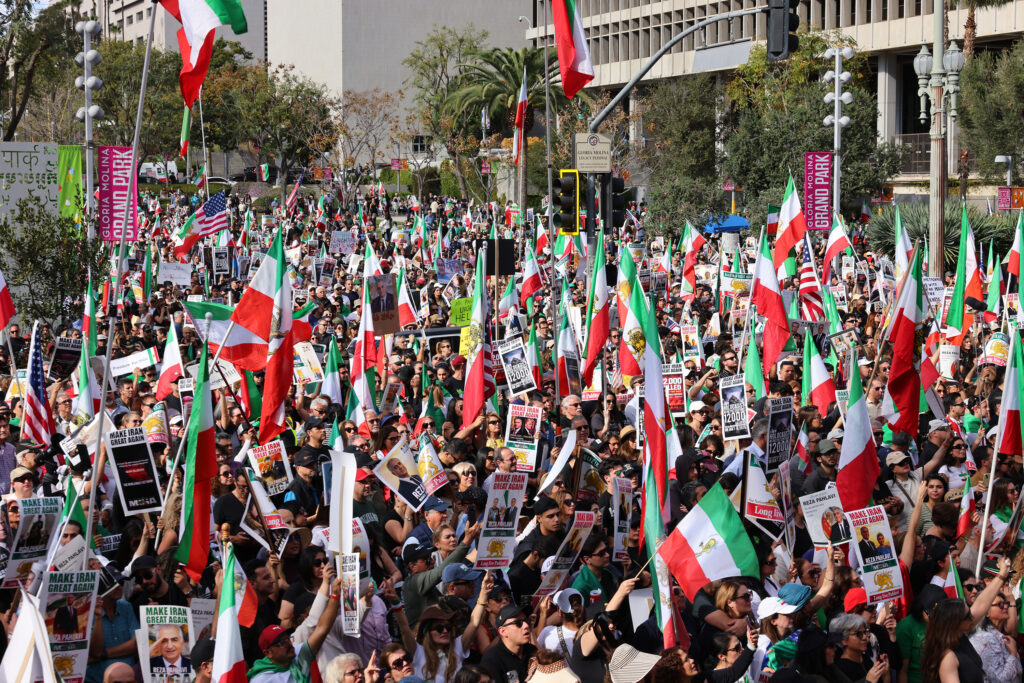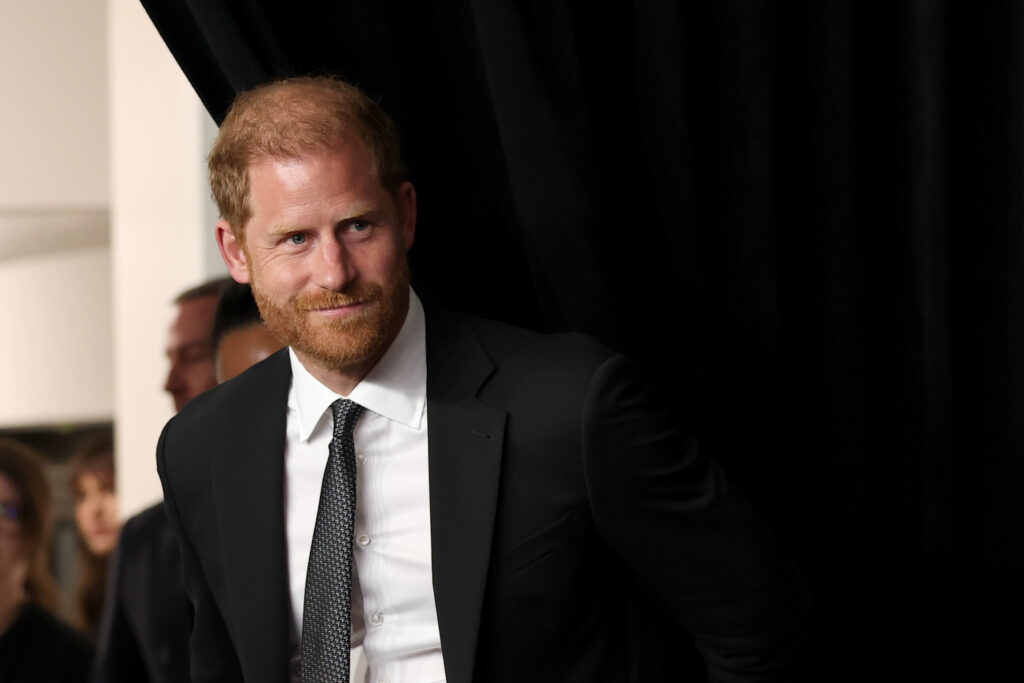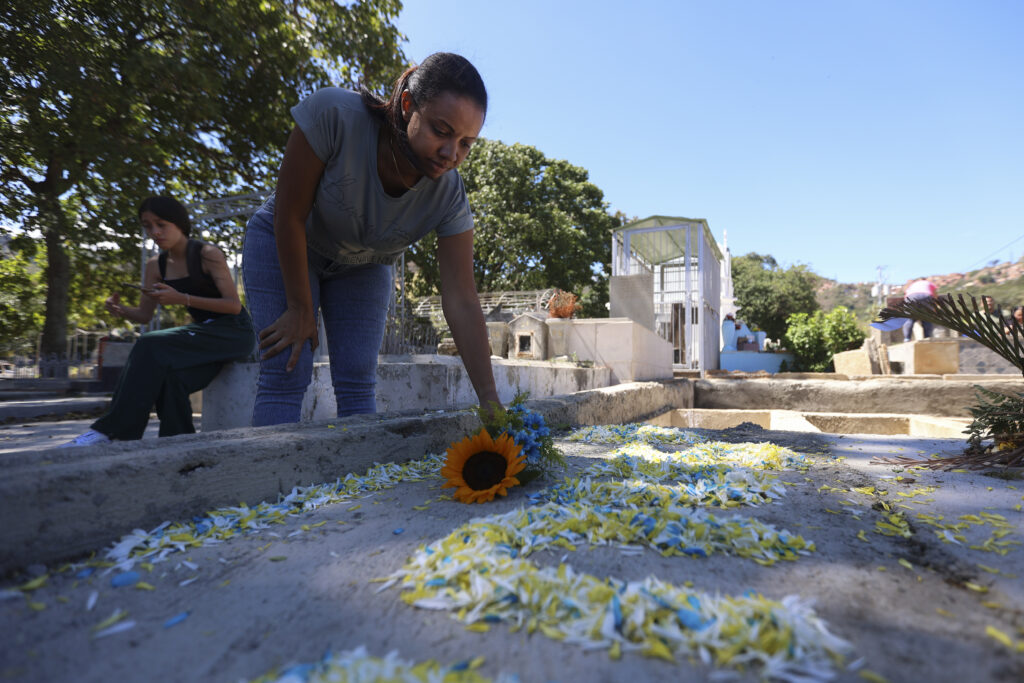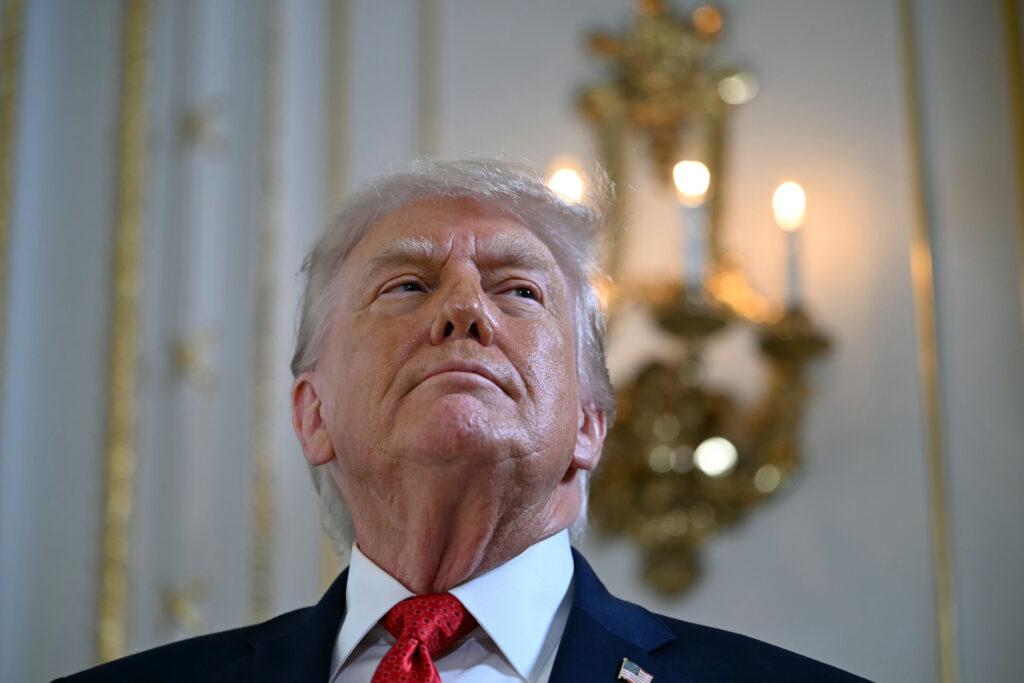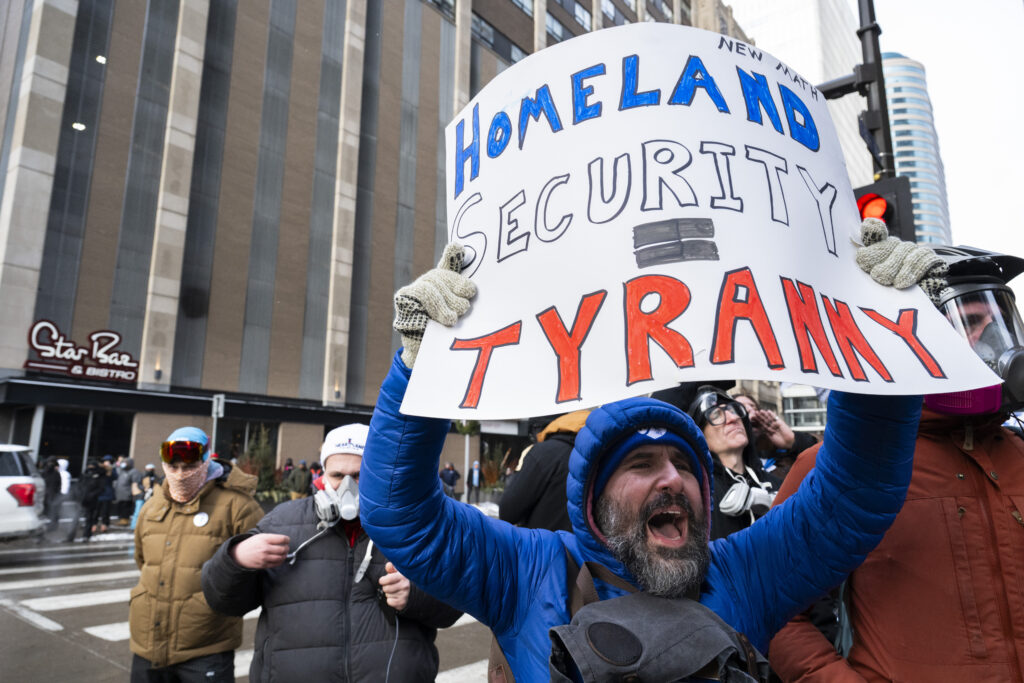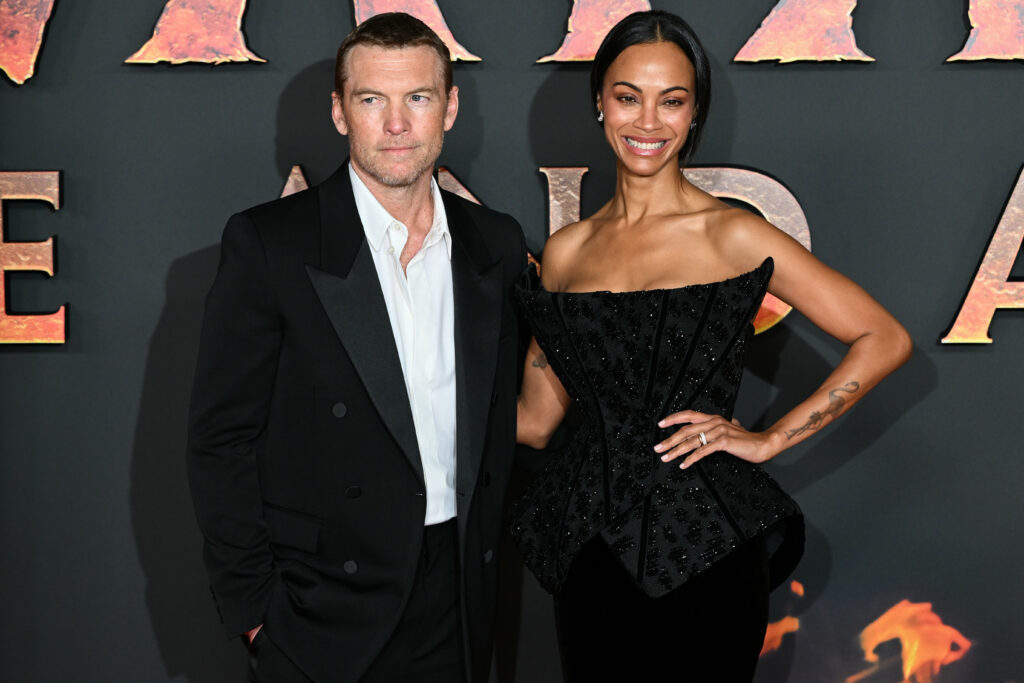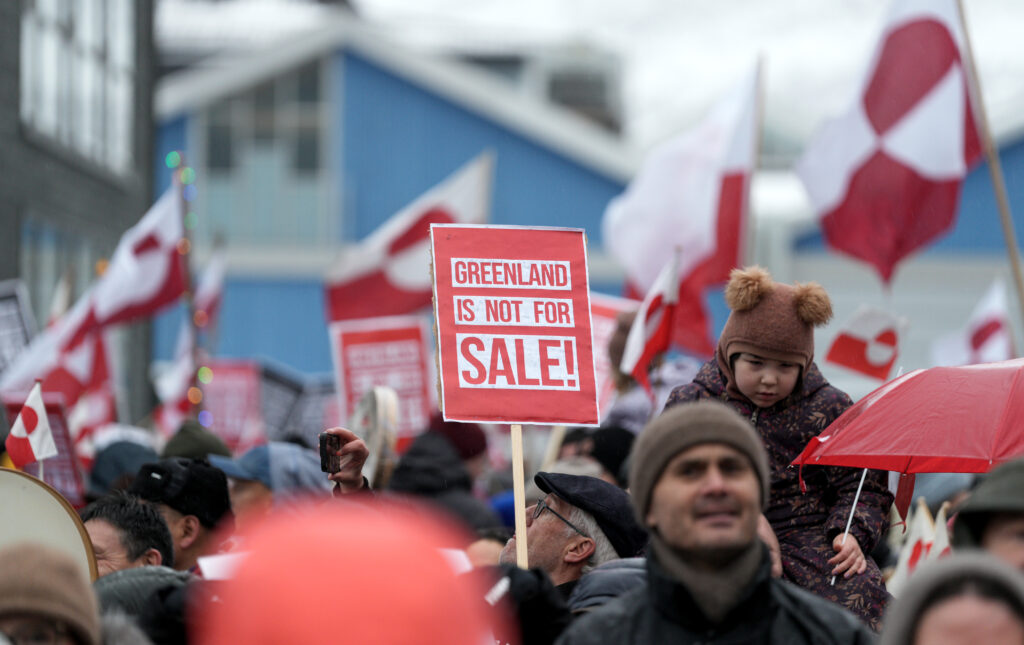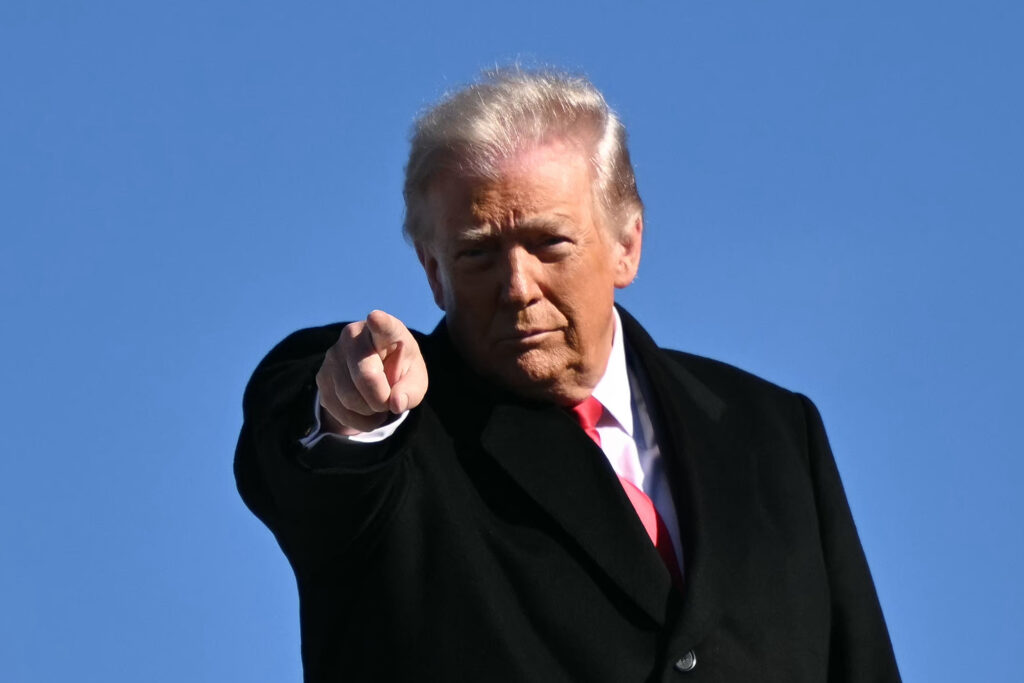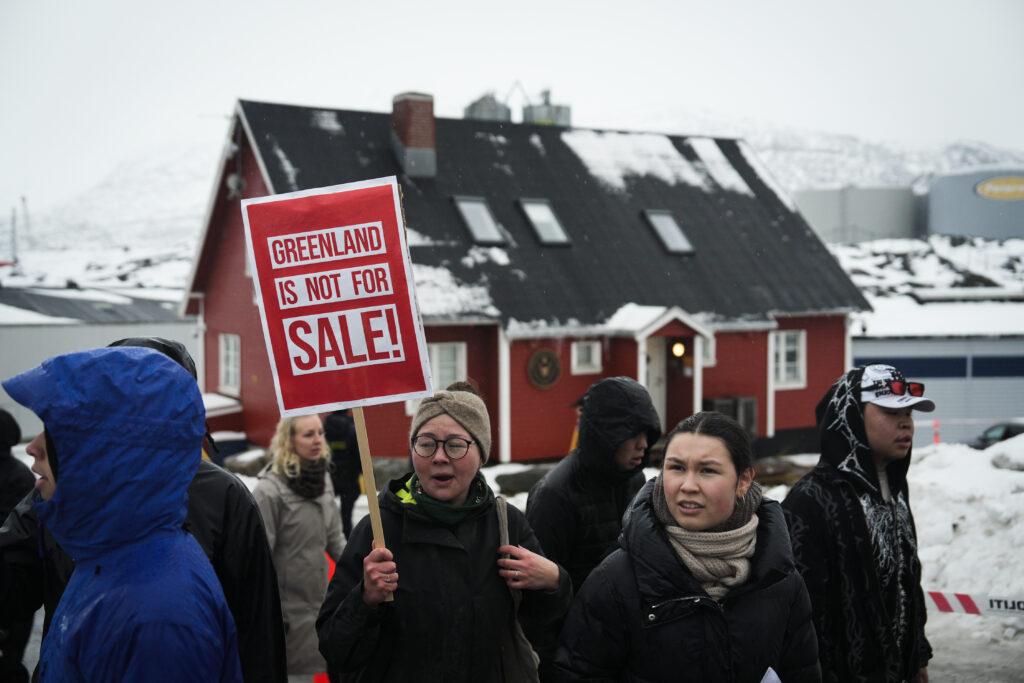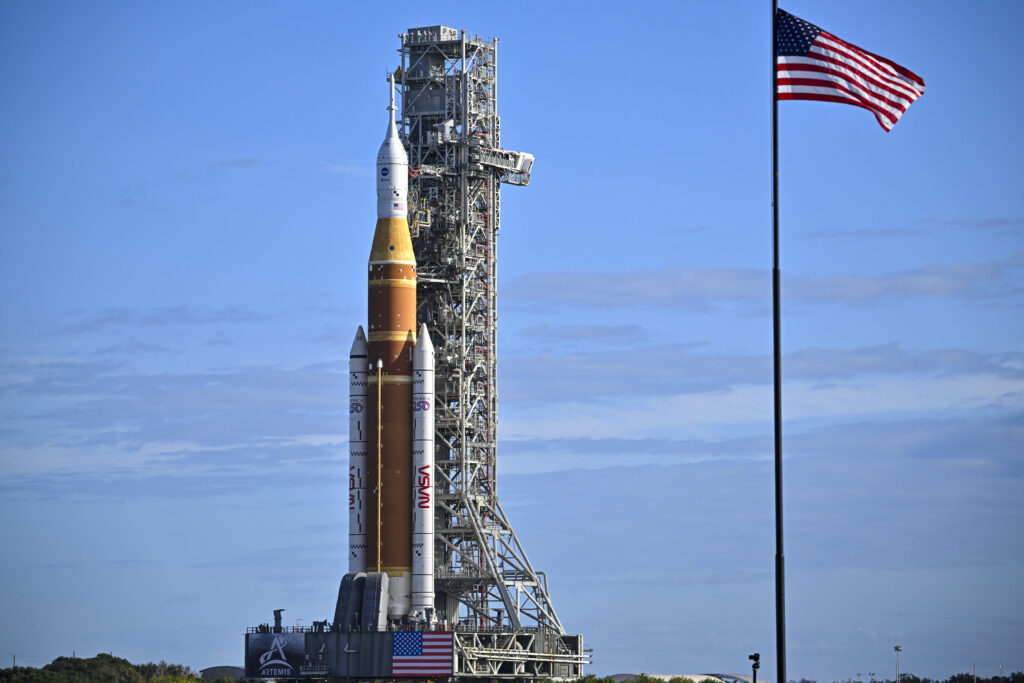Thousands march in US to back Iranian anti-government protesters
Thousands in the United States staged large demonstrations Sunday denouncing the Iranian government’s deadly crackdown on anti-government protesters in the Islamic Republic.Several thousand people marched in Los Angeles, home to the world’s largest Iranian diaspora, while several hundred others gathered in New York, AFP journalists in both cities reported. US protesters could be seen carrying signs condemning a “New Holocaust,” a “genocide in the making,” and the “terror” of the Iranian government.”My heart is heavy and my soul is crushed, I’m at loss for words to describe how angry I am,” said Perry Faraz at the demonstration in Los Angeles, the second-largest city in the US.The 62-year-old payroll manager, who fled Iran in 2006, learned this week that one of her young cousins had been killed during the overseas rallies held in her native country.”He wasn’t even 10 years old, that’s horrible,” she said.Demonstrations sparked by anger over economic hardship exploded into protests late December in what has been widely seen as the biggest challenge to the Iranian leadership in recent years.The rallies subsided after a government crackdown in Iran that rights groups have called a “massacre” carried out by security forces under the cover of a communications blackout that started on January 8.Norway-based Iran Human Rights says it has verified the deaths of 3,428 protesters killed by security forces, confirming cases through sources within the Islamic Republic’s health and medical system, witnesses and independent sources.The NGO warned that the true toll is likely to be far higher. Media cannot independently confirm the figure and Iranian officials have not given an exact death toll.- Calls for US intervention -“This mass murdering of the population is terribly upsetting,” Ali Parvaneh, a 65-year-old lawyer protesting in LA said. Like many protesters, Parvaneh carried a “Make Iran Great Again” sign and said he wanted US President Donald Trump to intervene by targeting the country’s powerful Islamic Revolutionary Guard Corps (IRGC).Some in the crowd in LA went as far as to call for the assassination of Iranian Supreme Leader Ali Khamenei, who has been in power for more than 25 years. After having attacked Iranian nuclear sites in June, Trump sent mixed signals on possible US intervention this week. The Republican first threatened to intervene if Iranian protesters were killed, but then said he was satisfied by Iranian assurances that demonstrators would not be executed.”I really hope that Trump will go one step beyond just voicing support,” Parvaneh said.Many protesting in the Californian city chanted slogans in support of the US president and Reza Pahlavi, the son of the former Shah of Iran who was deposed by the popular uprising in 1979.- ‘Don’t need a puppet’ – Parvaneh echoed Pahlavi’s popularity among some segments of Iran’s exiled and expatriate population.”Had the monarchy stayed in place, it would be much different and Iran would be in a much better situation,” he said.Pahlavi’s support base is concentrated abroad while his political sway within Iran is limited.The former Shah’s son, who lives in exile near Washington, said this week he would be ready to return to Iran — but it is unclear if most Iranians want this.The Iranian opposition remains divided, and memories of the Shah’s brutal repression of his left-wing opponents remain vivid. Last week, a man caused minor injuries when he drove a truck into a demonstration held by Iranians in Los Angeles, carrying a sign that read: “No Shah. No Regime. USA: Don’t Repeat 1953. No Mullah.” The sign was referring to the 1953 coup that saw Iran’s government overthrown in a US- and UK-backed operation that had seen Pahlavi installed as the country’s leader.In Los Angeles’s Westwood neighborhood, nicknamed “Tehrangeles,” Roozbeh Farahanipour believes the diaspora must support Iranians without infringing on their “right to decide their own future.””They don’t need a puppet implanted by the West,” said the 54-year-old restaurant owner.Others in California also share that view.”Trump is playing the Iranian people,” said poet Karim Farsis, a resident of the San Francisco Bay area. Farsis, an academic, stresses that it is US sanctions — including those imposed by Trump — and the Republican’s ripping up of a nuclear deal that have contributed in large part to the suffering of the Iranian people.She also criticized the almost complete ban on Iranians entering the US since June.”We’re living in a really twisted moment,” she said. “Trump is saying to Iranians: ‘Keep protesting, take over your institutions.'”But if they find themselves in danger, they can’t even find refuge in the United States.”
